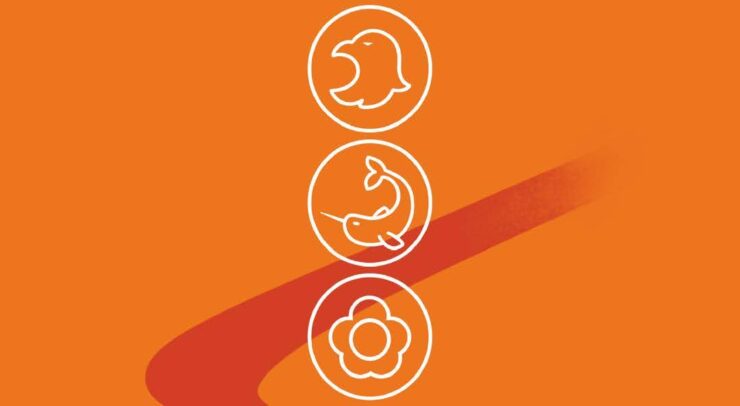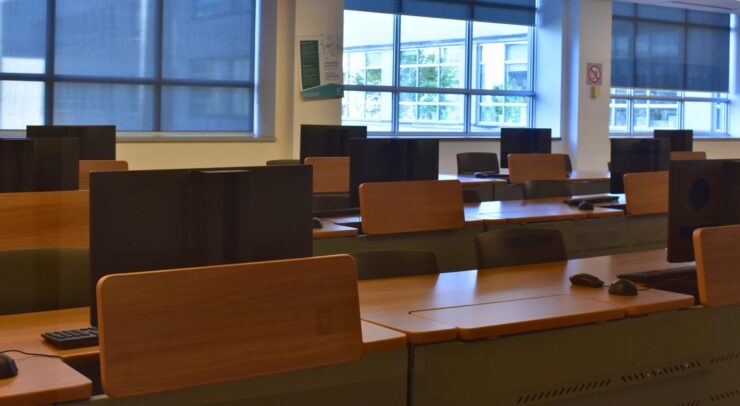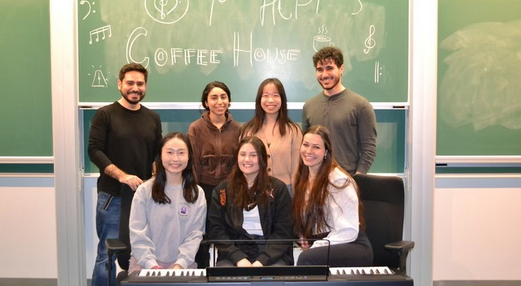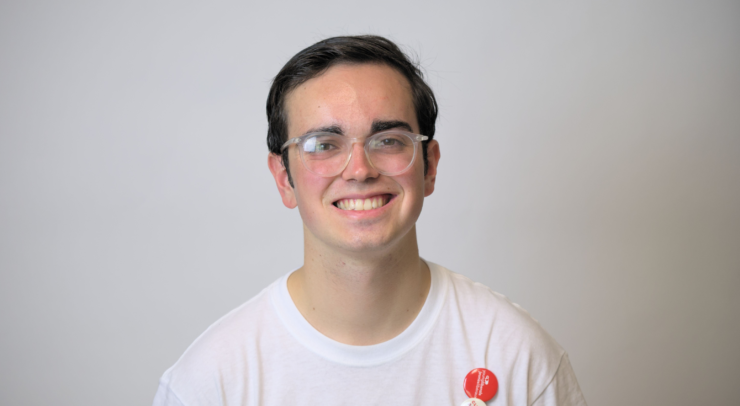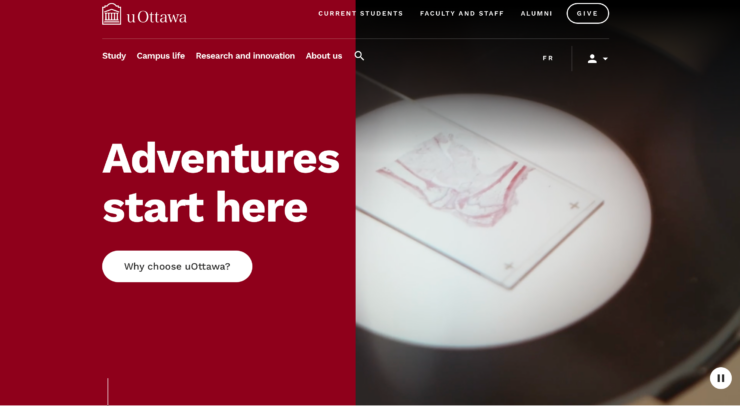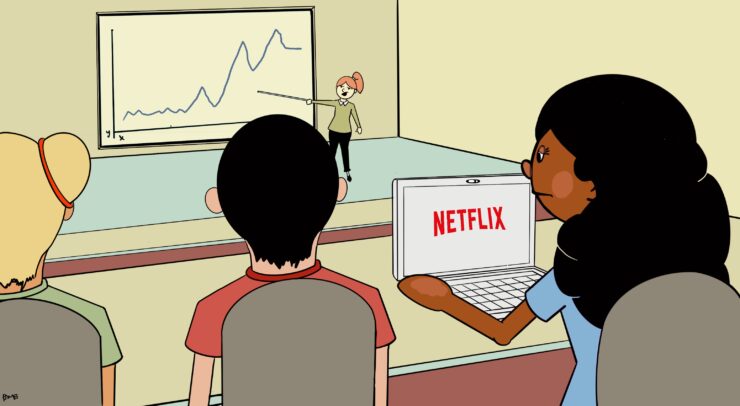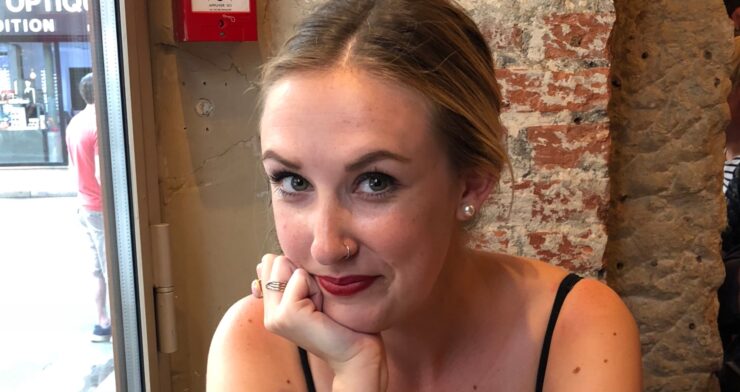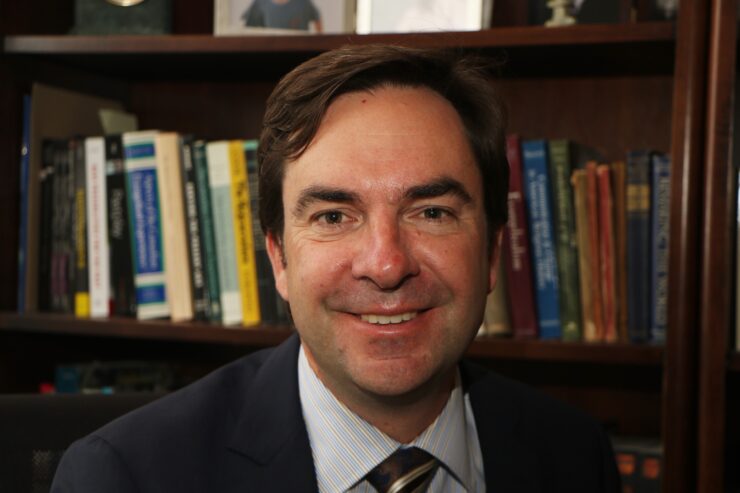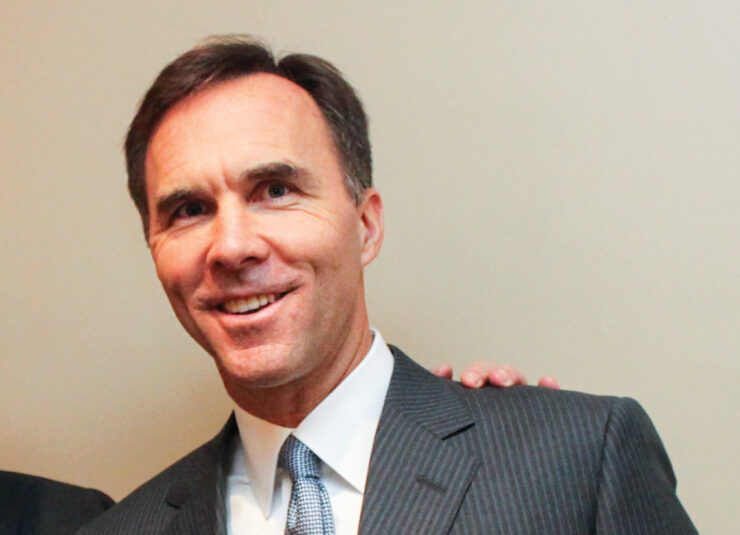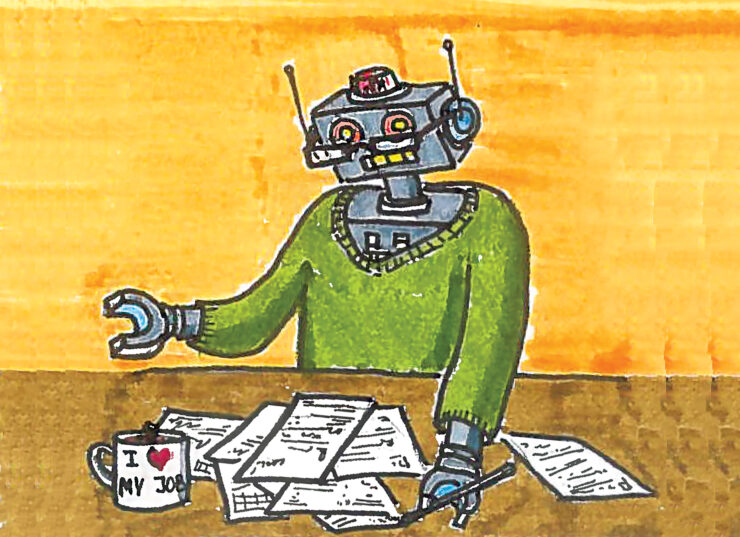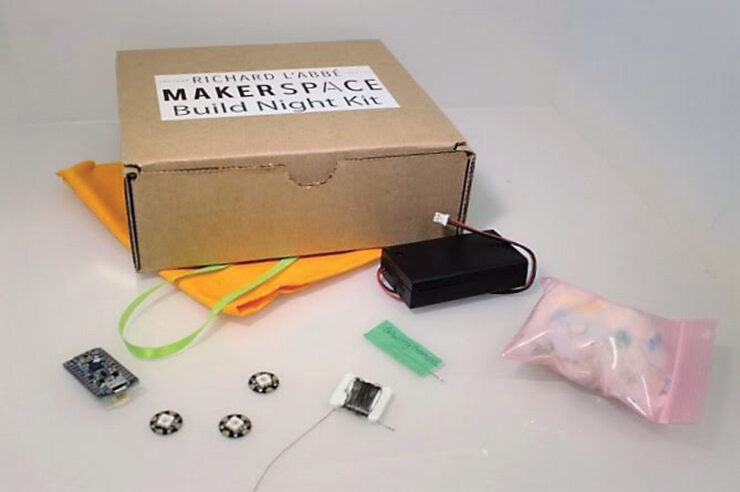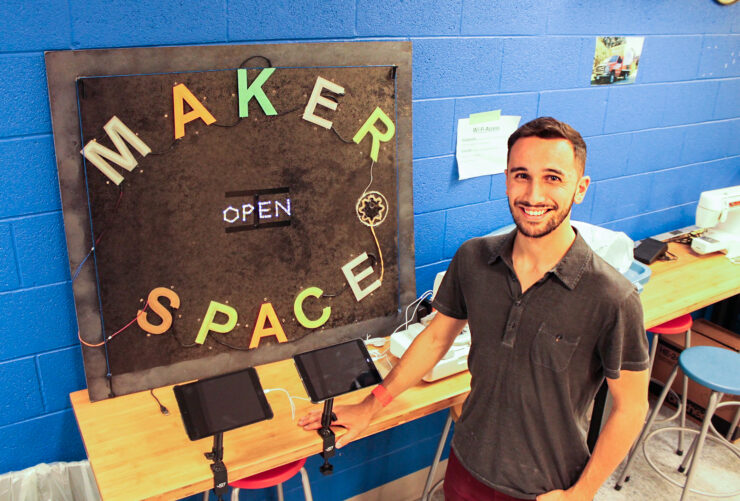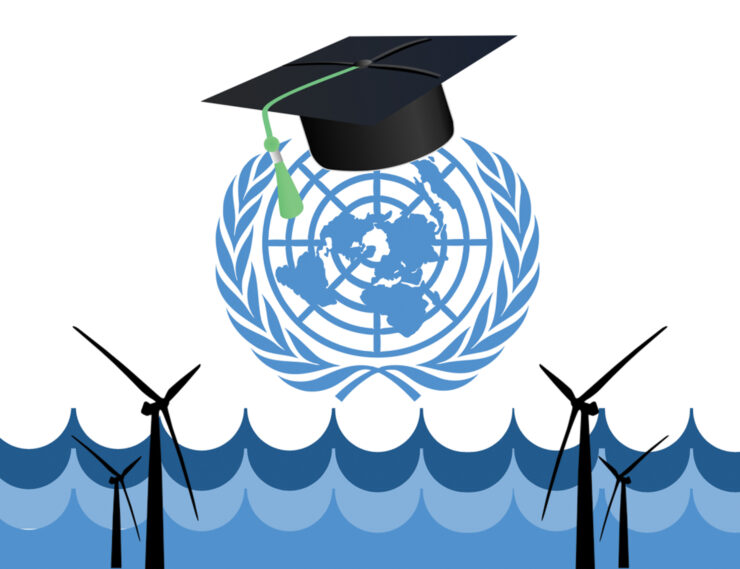On Thursday, Feb. 27, 2025, University of Ottawa students cast their votes in Ontario’s unprecedented snap election — so what comes next?
education
National Indigenous History Month celebrates Indigenous peoples’ cultures, languages and ways of living, ensuring that their cultures are not forgotten: in classrooms, workspaces, recreational areas and all over Canada.
In the back-to-campus COVID rush, a chance to further develop online and hybrid learning formats feels squandered. Fulcrum contributor Areej El-Sharif argues it’s not too late for universities to properly invest.
By breaking down financial barriers, HCPP is opening doors for children who might never have had the chance to discover their musical talents.
Starting out at U of O, you probably find the amount of reading material excessive, but you are not alone.
In June I attended a counter-protest to an “anti-woke protest” right here in Ottawa. On Sunday I attended Capital Pride; here’s what I think.
Micro-credentials are new educational offerings with province-backed funding. But what are they and are they beneficial at the U of O?
“I hope to accomplish creating a new generation of scientists that will be able to go out into the world and be successful and effective members of society in their role as scientists”
In order for us to combat disinformation and the forces that wield it, we as a society need to educate ourselves on the subjects of media literacy. It is essential for every person to know how to recognize false information and to understand how it spreads.
Millions of people have demanded that racial bigotry be extracted from important institutions like the police and health-care system, but how can we dismantle systematic racism in the long-term? Let’s look at our education systems.
“In the early nineties, we worried about kids passing notes, that was a distraction in class. We were taught how you intercept notes and the protocol on note-passing. We’ve just way surpassed that,” one local high school teacher says.
Melissa Lyons, a graduate from the U of O’s teachers’ college and now a local teacher, pens an open letter to Premier Doug Ford in light of recent announcements of cuts to education.
Trudeau’s administration claims to have made reconciliation and compensation efforts with Canada’s First Nations peoples a key part of their platform.
“Our team was trying to think of unique ideas for Escape Rooms that we hadn’t seen before—(and) we thought escaping from detention was a creative concept that fit perfectly with our location at the University of Ottawa.”—Kaitlyn Rourke, one of the event’s organizers and a fourth-year biomedical science student.
The Faculty of Arts, then, doesn’t seem to be in a hopeless situation after all. Though enrolment numbers have fallen sharply, there are ground-breaking initiatives and promising partnerships in the works to grow the faculty and make it a leader in the humanities in Canada.
This document contains many promising ideas that could improve life for several different types of students. However, it also fails to provide a clear roadmap to achieve to these goals in a lot of places.
Closed, cautious, protectionist societies can only stand still for so long until the currents of time will sweep them off their feet.
If you want to spend money to patch the hole in the ship, don’t simply hand the captain a bag of doubloons and expect the vessel to stay afloat.
How many great works of literature would never have been written because someone decreed that making faster computers was a more worthwhile endeavor?
Danielle Taillon, a fourth-year mechanical engineering student at the University of Ottawa, has started a project to get Indigenous youth in remote communities involved with science, engineering, and technology.
Recently, the Ontario government floated the idea of scrapping the mandatory half-credit that is grade 10 civics class, where high school students are supposed to learn what it means to be a Canadian citizen. Is this a good idea?
Free tuition would strengthen the abilities of our youth and ensure equal opportunity for people of all backgrounds, creating a better Canada for generations to come. So, what is Canada waiting for?
What kinds of advantages does this kind of environment provide students, particularly in terms of educational value?
This is not to say that the university should mandate that all classes must use open textbooks, as that would be untenable at this point. However, there are concrete steps that can be taken.
The online course is free and available to anyone around the world, as a part of the UN’s objective to make this course accessible to as many people as possible.


